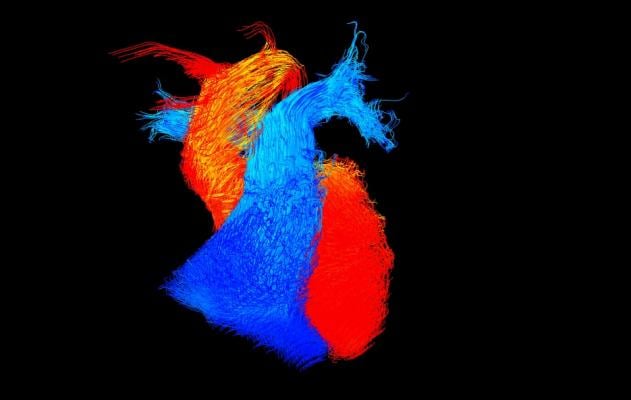
September 17, 2018 — Raymond Kwong, M.D., MPH, from the Harvard Medical School recently presented his findings on a study of how single-center stress cardiovascular magnetic resonance (CMR) research studies have shown excellent values in management of patients with suspected ischemia. Kwong, who is also a member of the Society for Cardiovascular Magnetic Resonance (SCMR) presented his findings at the 2018 European Society of Cardiology (ESC) Congress, Aug. 25-29 in Munich, Germany.
Numerous single-center studies have demonstrated high diagnostic accuracy and prognostic values of stress CMR in patients with chest pain (CP) syndromes. Multiple guidelines had major recommendations for the use of stress CMR in these settings. Yet utilization of stress CMR in the U.S. is disproportionately low, at less than 5 percent of noninvasive stress imaging. The SCMR registry can provide real-world multicenter evidence of clinical impact and cost/effectiveness
The objectives of the SPINS study were to:
- Evaluate the prognostic value of stress CMR in patients presenting with CP syndromes, in a real-world multicenter setting in the U.S.; and
- As a preliminary analysis, to assess the utilization and costs of cardiac tests, after performance of the index stress CMR study.
“The SPINS cohort is a retrospective observation study from 13 U.S. cardiac MRI centers (9 AMC, 4 private practice) consisting of N=2,371 patients who underwent stress CMR scanning between Jan. 1, 2008 through Dec. 31, 2013, for evaluation of clinical signs and symptoms suspicious of cardiac ischemia,” said Kwong, lead investigator of the study. “Patients overall had a 33 percent pretest likelihood of CAD [coronary artery disease] by CAD consortium scores, and 32 percent were found to have ischemia or myocardial infarction. All patients were aimed to have clinical follow-up of at least four years.
“Stress CMR is an effective modality in the real-world setting in detecting patients at high risk of cardiac events,” said Kwong. “In addition, preliminary costs analyses suggest its use may potentially reduce costs of downstream cardiac testing. Our evidence supports the expanded utilization of stress CMR in evaluation of chest pain syndromes in the United States.”
For more information: www.escardio.org


 November 12, 2025
November 12, 2025 









